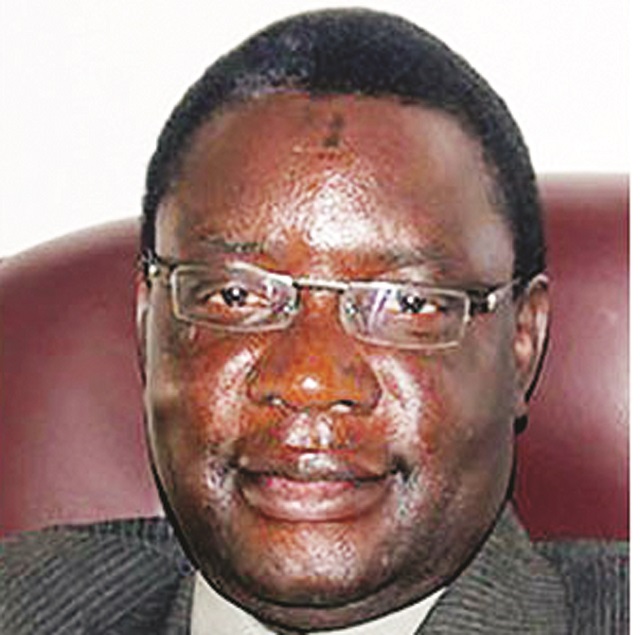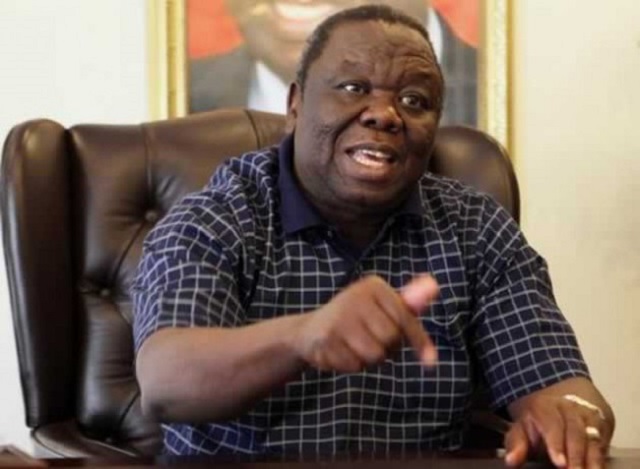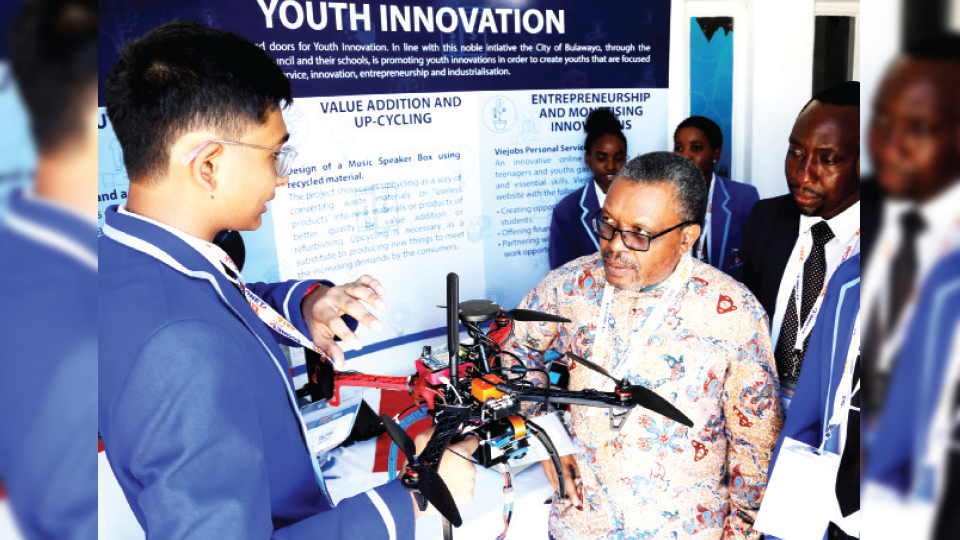Probe team recommends Zinara suspensions

Darlington Musarurwa, Harare Bureau
A GOVERNMENT probe team set up to investigate possible abuse of State funds, particularly in contracts involving the rehabilitation of roads in rural district councils (RDCs), has recommended the suspension of four senior public officials, two of whom are directors in the Ministry of Transport and Infrastructure Development.
The investigating team was appointed in terms of the Section 46(2) of the Procurement Act after the Office of the President and Cabinet (OPC) directed the State Procurement Board (SPB) to commission an investigation into various contracts flagged in the forensic report on the Zimbabwe National Road Administration (Zinara) by Grant Thornton. The team — made up of officials from the SPB, Auditor General’s office and the National Economic Conduct Inspectorate — reviewed the procurement process of tender awards under Zinara’s special projects valued at $71,5 million and R31,5 million ($2,5 million) covering a five-year period from 2011 to 2016.
However, it is believed that “some officers implicated in the contracts under review” are still holding influential offices and are therefore frustrating investigations.
Information gathered by our Harare Bureau indicates that on August 22, SPB executive chairperson Ambassador Buzawani Mothobi wrote letters to the Ministry of Transport and Infrastructure Development recommending the suspension of the director (legal) in the same Ministry, Ms Angeline Karonga, and the director of roads, Engineer Eric Gumbie.
Ms Karonga and Engineer Gumbie, who face separate charges of foisting their companies as contractors to various road authorities, are also accused of trying to obstruct investigations.
In particular, Section 46(6) of the Procurement Act provides specific sanctions for anyone who hinders investigations without just cause.
It is alleged that Ms Karonga and Civil Aviation Authority of Zimbabwe (CAAZ) chief executive officer Mr David Chaota are co-directors in Akodec, a company that features prominently as a contractor for road works that were funded by Zinara.
Engineer Gumbie’s firm, Tencraft, is similarly embroiled in some of the questionable tenders.
Ambassador Mothobi also wrote to Zinara CEO Engineer Nancy Masiyiwa-Chamisa demanding the immediate suspension of current technical administrator at the road fund, Engineer Moses Juma, who, according to the preliminary report on the investigations, “was at the centre of the improper engagements of various contractors for the implementation of contracts by road authorities.”
Chief executive officer of Goromonzi RDC Mr Trust Madhovi has also been affected by the suspensions. A 22-page preliminary report that was compiled by investigators based on procurement processes at RDCs in Gutu, Zaka and Goromonzi details how officials seemingly violated tender procedures in order to milk State funds.
Engineer Juma, who was then Zinara regional engineer (Northern), is mainly accused of forcing Gutu RDC council chairperson Mr Daniel Jinga and former roads and works planning chairperson Mr Emmanuel Toperesu of engaging a company called Fremus in May 2011 for the rehabilitation of a 31-kilometre stretch without the knowledge and consent of council CEO Mr Alexanda Mutembwa.
When an attempt was made to rescind the irregular contract, it is believed that Engineer Juma threatened to withdraw funding for the project.
Section 30 and 31(2) of the Procurement Act as read with Sections 4,5,6 and 7 of the Procurement Regulations 2002 however require a competitive process to be adopted for the selection of a contractor.
But what was even more disturbing was the fact that not only did the contract not have a detailed scope of works, it had no contract sum as well.
The deal also resulted in seemingly irregular payments. About $150 000 was paid to Fremus by Zinara on February 17, 2011 before the RDC had even resolved to adopt the contract.
Overall, Gutu RDC raised interim payment certificates (IPCs)worth $1,7 million that were paid to the contractor, but Zinara’s ledger show that they had made total payments of $2 million, which gives a variance of $316 000.
In the normal procurement process, a contractor raises an IPC, which the RDC engineer and CEO certifies and approves before it is forwarded to Zinara. It is only after a road technician from Zinara certifies the work that a payment is effected.
“The variance of $315 722,67 shows an overpayment done by Zinara to Fremus which could be a potential prejudice to the State,” reads part of the report.
“Gutu RDC alleged that they never signed IPC 1 and 3 and only managed to provide IPC 2,4,5 and 6. They referred the investigation team to Zinara offices for copies of the missing IPCs which they used to make payments to the contractor.
“However, Zinara could not provide the team with supporting documentation they has used to make the payments to the contractor.”
But accounting officers, through Section 35(1) of the Procurement Act and Section 6 (3) of the Procurement Regulations, are required to retain records for accounting purposes.
The same company Fremus was also reportedly forced on Zaka RDC in September 2011 and, just as in the case for Gutu, the contract did not have a contract sum or a scope of works.
According to the report, Zinara overpaid for the works by more than $205 000.
It also suspiciously made an additional payment of $156 519 “for the mobilisation of additional works” after Fremus applied for a contract variation on December 31, 2011 to include a 5,1-kilometre stretch on the Chivamba-Chipfunde-Svuure road.
The report says: “A further analysis of the interim payment certificates (IPCs) provided by Zaka RDC had a total of $1 754 635.70, whereas Zinara ledger showed that they had made total payment of $1 844 011.47 to Fremus which gives a variance (overpayment of) $89 365.77.”











Comments